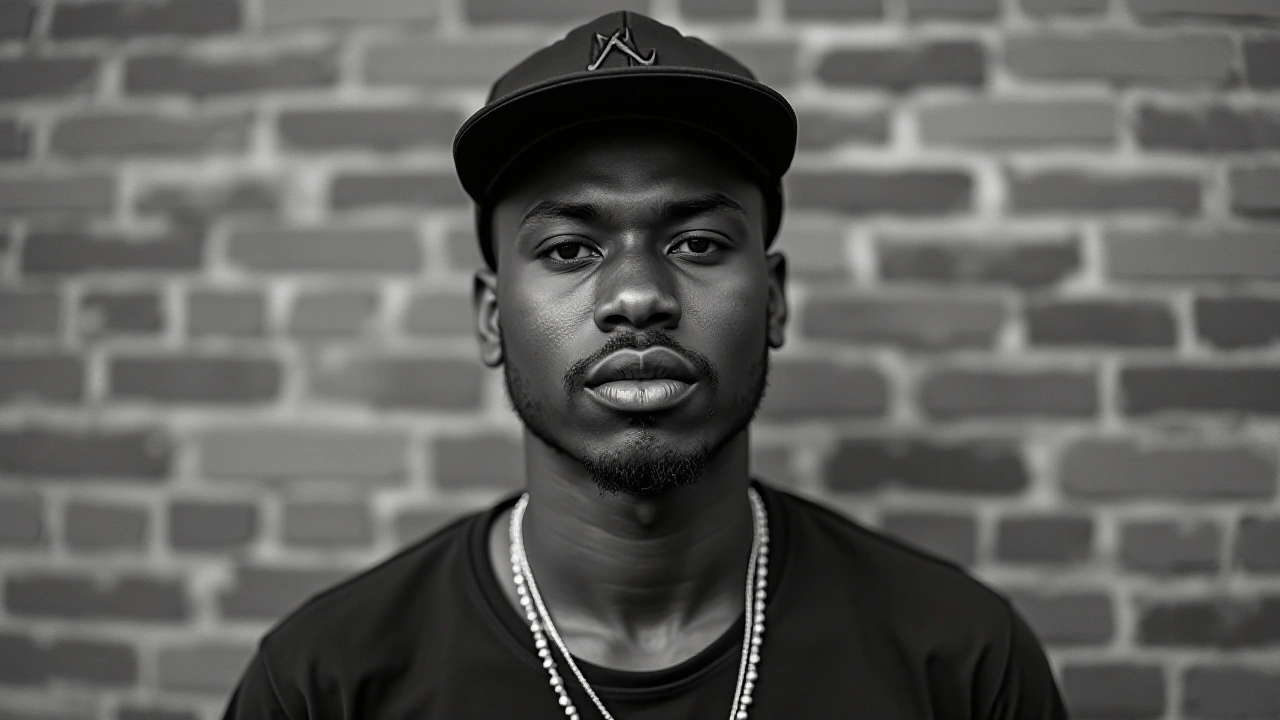Demetrius 'Big Meech' Flenory's Prison Release: BMF Leader's Path to Reentry
The Release of Demetrius 'Big Meech' Flenory
In an unexpected turn of events that has captivated both critics and supporters alike, Demetrius "Big Meech" Flenory, the larger-than-life figure behind the notorious Black Mafia Family (BMF), has been released from federal prison to commence the latter part of his sentence in a halfway house. The Federal Bureau of Prisons, in a move that marks a significant milestone in the saga of one of America's most infamous crime enterprises, confirmed his transfer. Just outside the walls of the Federal Correctional Institution Coleman Low, located in Wildwood, Florida, where he was serving a harsh sentence, Big Meech takes his first steps towards societal reentry, a long journey from his captured past.
This transitional step is overseen by the Bureau of Prisons Miami Residential Reentry Management Office, indicating a delicate phase aimed at reintegrating former inmates into society while maintaining a degree of oversight. It symbolizes a shift, not just for Flenory but also for the narrative of the Black Mafia Family, a criminal dynasty that dominated illicit markets with staggering influence and capitalizes not just on the illegal drug trade but also music industry glimmers.
The Rise of the Black Mafia Family
The Black Mafia Family, founded amid the urban landscapes of Detroit in 1985 by Demetrius Flenory and his brother Terry "Southwest T" Flenory, set the stage for one of the most prolific drug trafficking organizations in the United States. Their operation, spanning the breadth of the nation, entrapped over 500 associates into a web of cocaine distribution and money laundering, aggregating an impressive $270 million between the years of 1989 and 2005.
Their legacy, however, extends beyond mere numbers. With uncanny entrepreneurial zeal, they created BMF Entertainment, a seemingly legitimate facade and a key player in the expansion of their illicit empire. This music entity served more than just artistic production; it veiled a colossal money-laundering apparatus behind the glitz and glamour of the hip-hop scene. This dual-existence echoed the complex narrative of the Flenory brothers, a narrative crusted with ambitions and an unyielding quest for power.

The 2005 Drug Raid
While the BMF saga reached its zenith, 2005 marked a tumultuous turn of events as the Drug Enforcement Agency (DEA) linked an intricate chain of operations leading to a sweeping drug raid. The operation concluded with the arrest of thirty BMF members and a considerable haul of $2 million in cash, weapons, and a significant quantity of cocaine, shedding further light on an organization steeped in illicit activity. The events that unfolded in 2005 did not just signify a law enforcement triumph but the unraveling of a sophisticated crime machine that had long evaded the judicial eye. Following the raid, the mounting pressure on the BMF catalyzed the eventual arrest and conviction of the Flenory brothers.
The Legal Battle and Convictions
In 2008, the Flenory brothers faced the full weight of the judicial system under charges pertaining to drug trafficking and money laundering. The court's ruling of a 30-year sentence mirrored the extent of their criminal enterprise, a sentence recognized at the time as a deterrent for aspiring moguls of crime. But the complex tale of Big Meech saw a narrative twist in 2024 when a judge ordered a reduction in his sentence by nearly three years, lightening the burden if not the permanence of his criminal record.
This sentence commutation is a topic crammed with controversy. It pulsates through societal dialogues surrounding criminal justice reform, punishment, and redemption. It is with this judicial adjustment that Big Meech's earlier release was ordained, marking the beginning of the end of a legacy shaded by crime and clout yet positioned in the alleys of social reintegration.

The Flenory Brothers' Legacy and Impact
Big Meech’s impending full release by January 27, 2026, invites reflection not just on his personal journey but also on the expansive and dark tapestry of crime woven by the Black Mafia Family. Their reign, which lingers as an indelible part of urban folklore and cultural narrative, challenges constructs of legality, morality, and societal impacts.
From Detroit to city corners nationwide, the BMF legacy underlines the thin line between influence and infamy. Their story has been immortalized in pop culture, adapted in storytelling mediums all around the globe. The shadows of their operational footprint continue to explore dialogues on the nature of power, wealth, and the quest for redemption amidst the maze of crime and consequence.
As the tale of Demetrius Flenory unfolds anew, it rekindles debates on rehabilitation and the possibilities for transformation, forever anchoring BMF's saga as more than just criminal chronicles but as reflections of society’s multifaceted narrative of ambition, downfall, and the unquenchable thirst for rebirth.
